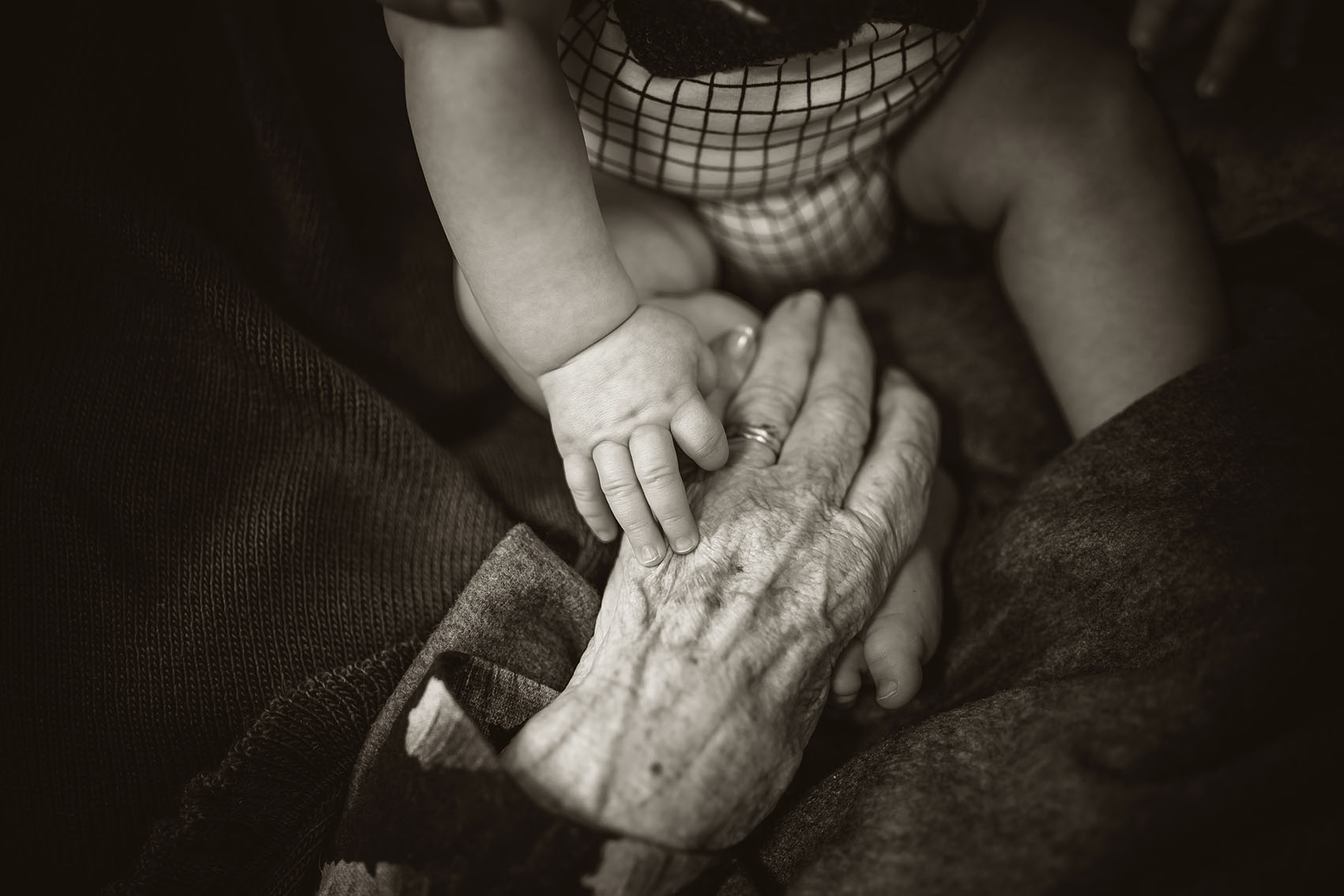Humans are social animals. They seek condolence through establishing relationships and associations with the people around them. In this process, a sense of intimacy is created, which is the major source of comfort and spiritual power for the majority. With the development of technology, personal relationships seem to have been diminished, as people are increasingly occupied with their cell phones. Some people believe that technology does not free people. Instead, it imprisons people into the cages of convenience. The thriving artificial intelligence is bringing people emotional support previously generated from human-to-human interactions only. However, this human-robot relationship is being criticized for the lack of “authenticity”. This essay will discuss the positive and negative implications of authenticity in intimacy. Through an analysis of the two articles “Alone Together” by Sherry Turkle and “The World and Other Places” by Jeanette Winterson. What matters the most is the genuine feelings and emotions generated from various forms of interactions, not the authenticity of these interaction forms.
Intimate relationships are important for one’s life, especially in the childhood. At a child from a poor family, the narrator of “The World and Other Places” found himself constantly limited by the physical world. The financial status of his family prevented him from getting what he wanted. Despite all that, he still had a happy childhood thanks to his mother and siblings. The family would gather on a special night and play the airplane game, when they pretended to be on an airplane traveling to different places of the world. His mother was actively participating in their game, “who was Chief Steward, swayed down the aisle with cups of tea and toast and Marmite.” In this case, while the children did not get to experience the real India, France, and Egypt, what they did experience was the genuine joy for family members to be together and dream together. This also became the major motivation for the boy to grow up to become a real pilot. The fake scenes and the lack of authenticity became even contributive to the boy’s ambitions. If the family were rich enough to travel around the world but without the games and fun, the intimacy would be completely lost and the boy would hardly be motivated to go and see the world in the future.
The authenticity of intimacy exists not only in humans only, but also in objects. Being a grown up and a pilot who has realized his childhood dreams, the model airplane the boy made when he was little still carried his hopes and dreams. Even if the dreams are realized and the hopes were gone, the emotions were still genuine: “What hopes they carried. More than the altar at church. More than a good school report. In the secret places, under the fuselage, stuck to the tail-fin, I had hidden my hopes.” People feel genuine emotions and feelings for all types of things. Objects that are remote and emotionless to some can bring others to tears. This is not because the objects themselves have any special quality. Instead, it is the persons who have shared special memories with the objects, who have chosen to imprint their emotions onto the objects. In this sense, the authenticity of a wedding ring and an AI robot is not that different. Clearly, the mother and the son had similar emotions towards the model airplane, which is why she said: ‘I gave them a wipe anyway.’ Sharing emotions on non-human objects hardly hinders the emotions between human beings.
Authenticity must derive from inner strength. People with the inner strength to imagine are happy, because they are able to expect good things from the future. After growing up and learning to fly a real airplane, the ability to imagine was lost in the boy. Having seen people from all over the world, he became confused about his purpose of life. “The curious thing is that no matter how different they are, the people are all preoccupied with the same things, that is, the same thing; how to live. We have to eat, we want to make money, but in every pause the question returns: How shall I live?” The embarrassment for his childhood dreams is only one the surface. Deep down, it is the lack of intimate human relationships that made the man lost. Once people lose touch with their loved ones, they become detached from the rest of the world. As described by the homeless person: ‘Nobody used to look at me. Even when I had money, I was one of those guys who get looked through. It’s like being a ghost. If no one can see you you’re dead. What’s the point of trying to live if you are already dead?’

